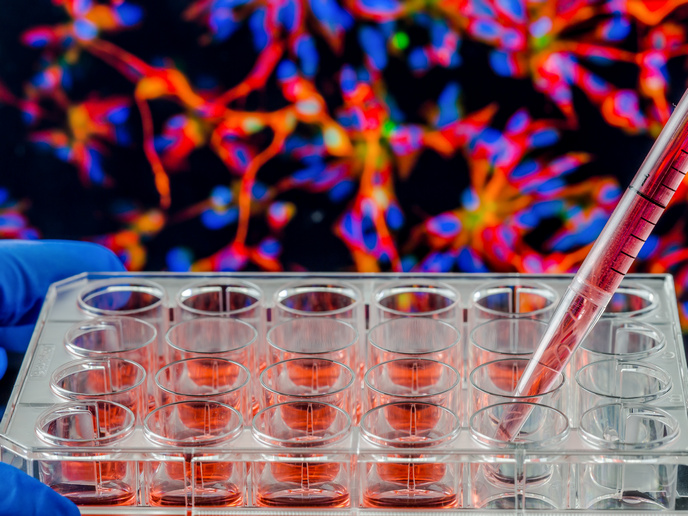New cell models of immunity in human mucosa
The EU-funded project HUMUNITY(opens in new window) (Cell-based models of human mucosal immunity with multiple commercial applications) trained four early stage researchers (ESRs) in advanced human cell culture systems for the reliable assessment of safety and efficacy of diverse substances. Processes necessary for translation into industrial products were a crucial part of the training. The students were instructed in the use powerful classical cell culture skills, innovative material science and advanced high-content detection systems. Research focused on developing models for assessing the innate inflammatory response to agents presented at the mucosal surfaces of lung and gut, in both healthy and pathological conditions. Systems were designed for drug efficacy, screening and biosafety for the rapidly expanding area of personalised medicine. Advanced in vitro models were set up, which included primary human bronchial epithelial cells or primary human enterocytes in three-dimensional architectures with innate immune cells (primary monocytes and macrophages), in a defined microenvironment that reproduced either physiological or pathological conditions. Response of the model cultures to external challenges (e.g. drugs) revealed that the cell cross-talk and the tissue-like microenvironment determine a reactivity that is very different from that of two-dimensional single cell cultures. As a side result of the study, an in vitro human gut epithelium derived from stem cells and a bovine primary gut epithelium were developed, which will be marketed by HUMUNITY as a platform to test epithelial responses to a variety of stimuli. Further development will produce a preclinical model system focusing on innate immunity in mucosae. Dissemination and communication included participation in congresses (30 between oral and poster presentations), 20 peer-reviewed publications, including a review paper(opens in new window) in which all fellows contributed , one industry-directed activity (participation in the BIO-Europe Spring 2016 Partnering conference in Stockholm, Sweden) and a number of dissemination events dedicated to high school kids. Applications of HUMUNITY technology span industry sectors ranging from pharmaceutical to food and healthcare to human and environmental safety. Specific areas of clinical application include diagnosis, drug efficacy testing and drug safety testing in pathological conditions affecting lung and gut, such as cystic fibrosis and inflammatory bowel disease.







